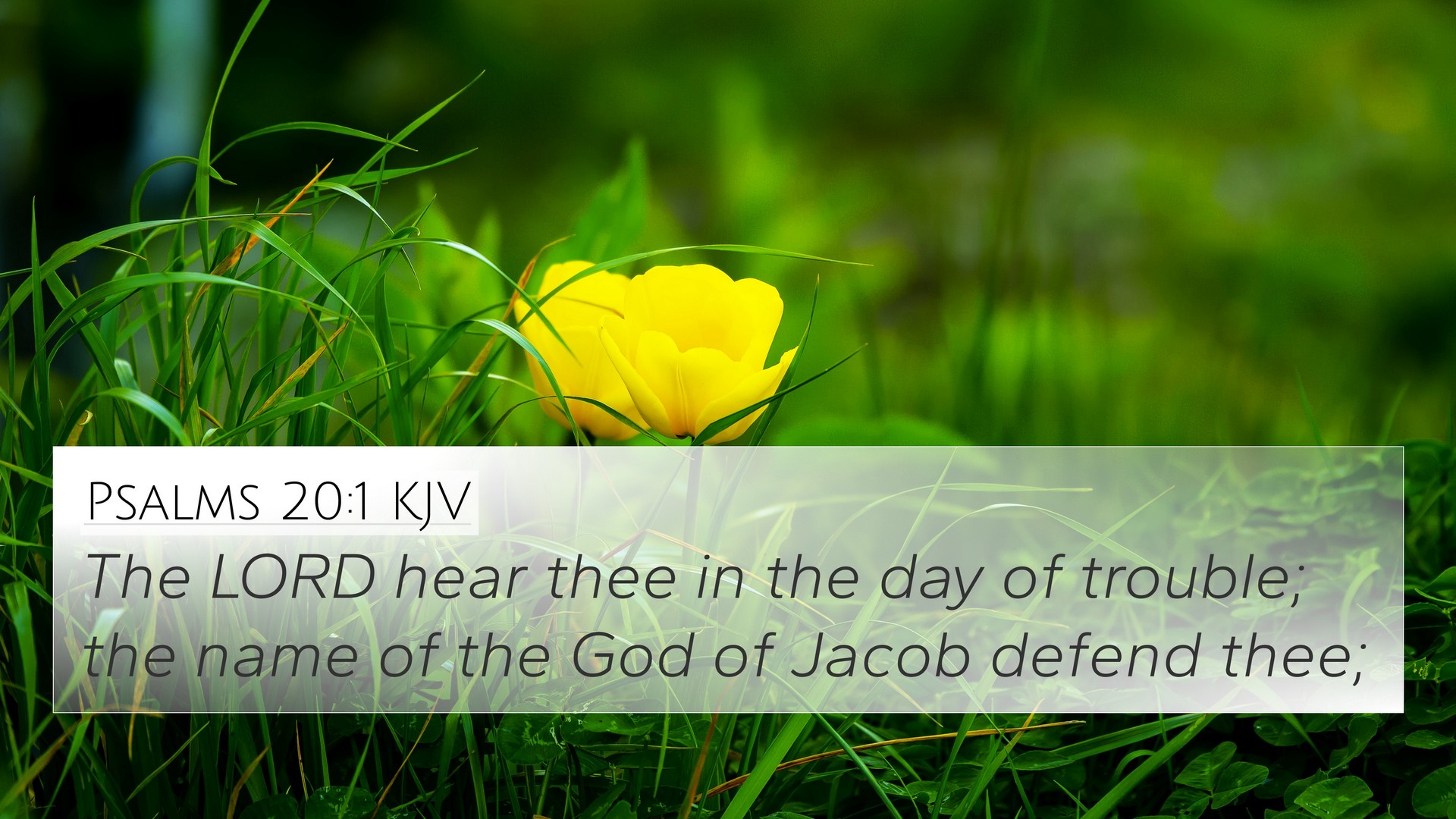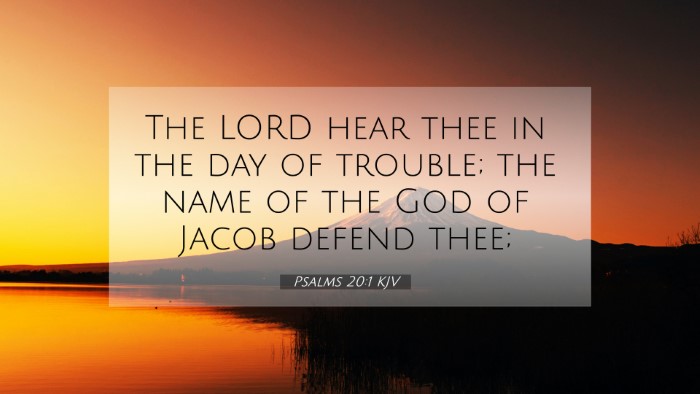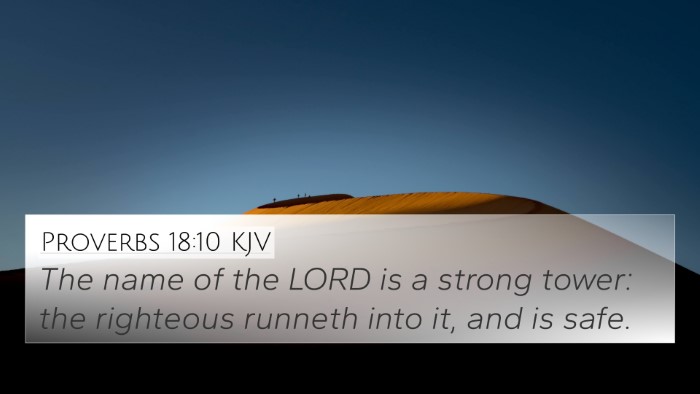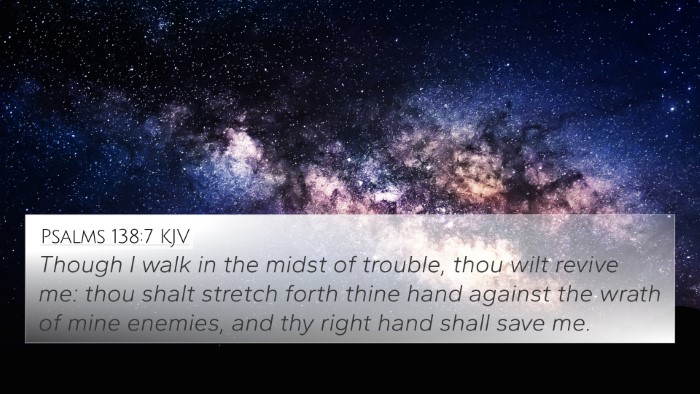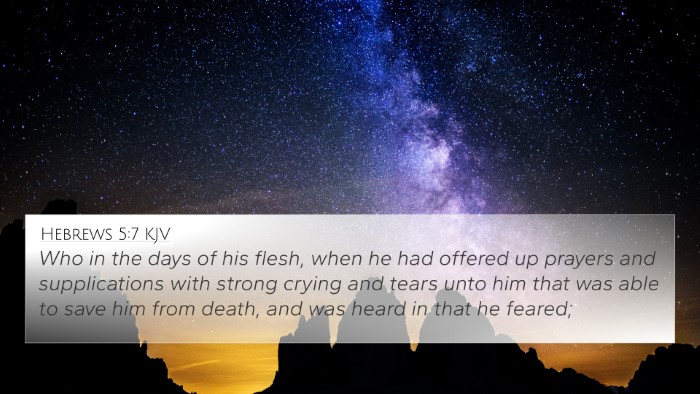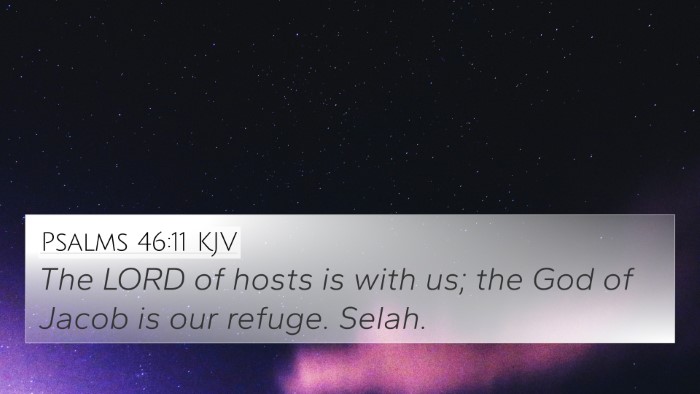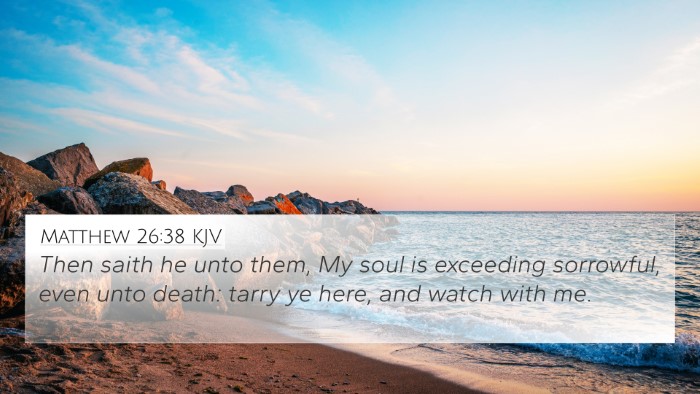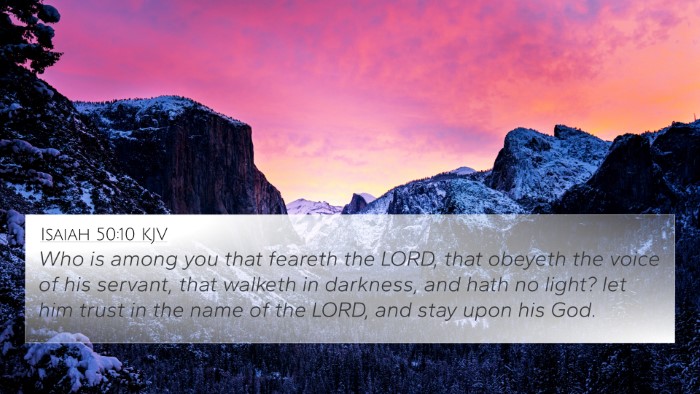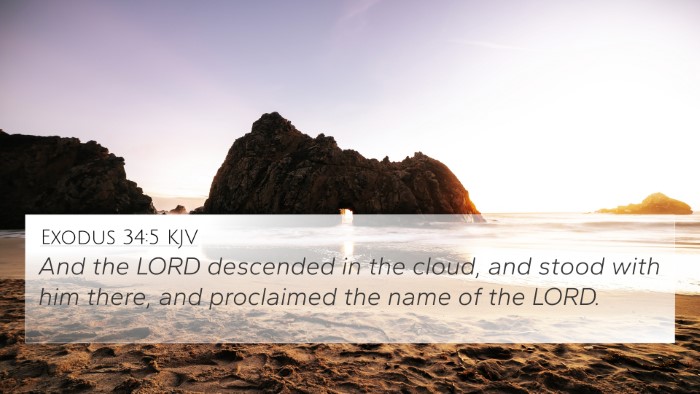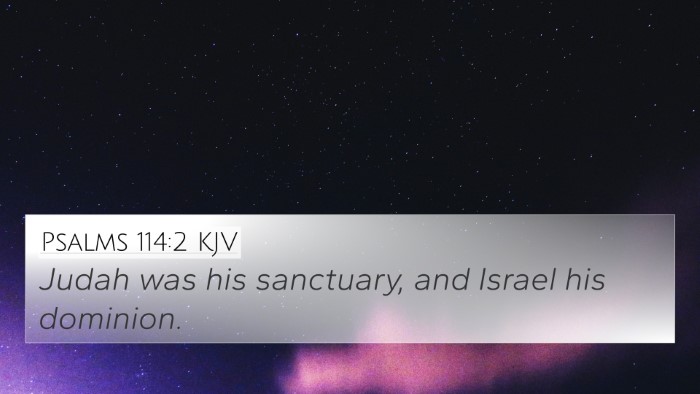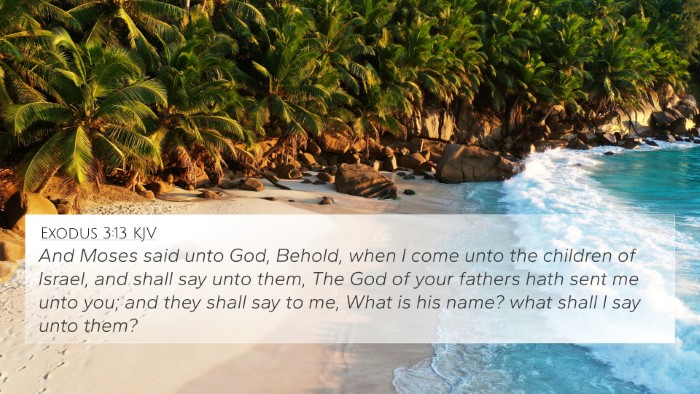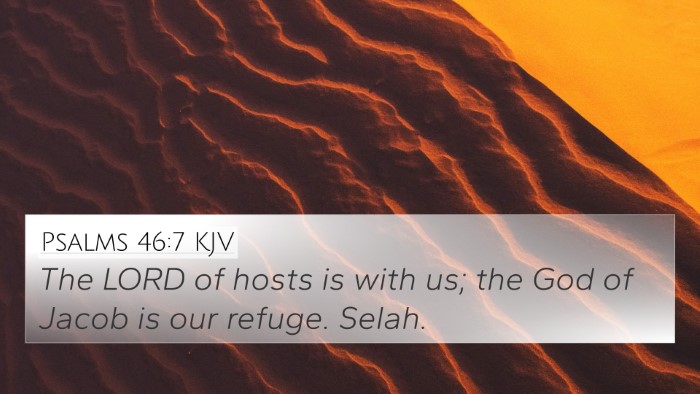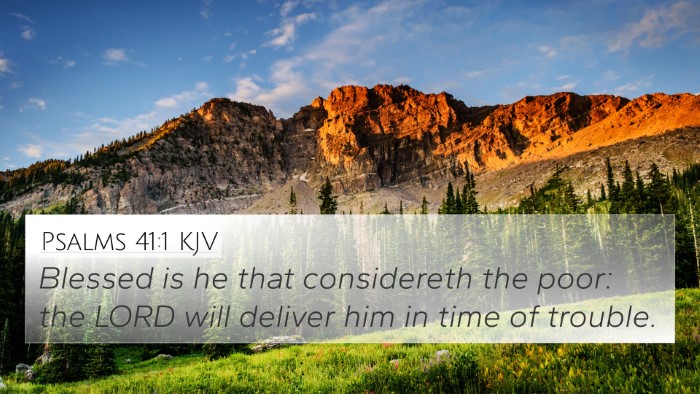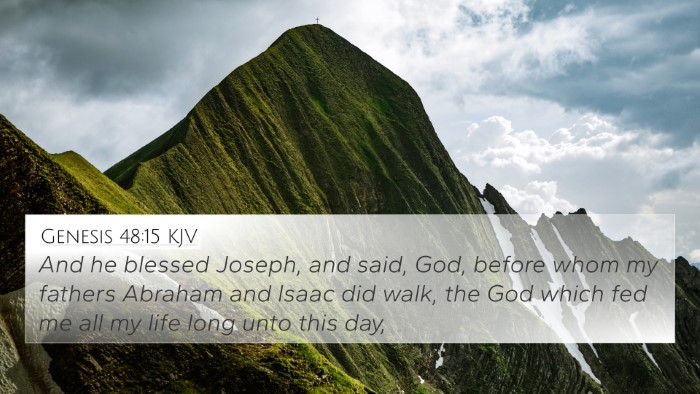Psalms 20:1 - Understanding the Verse
Verse: "The Lord hear thee in the day of trouble; the name of the God of Jacob defend thee."
Summary of Commentary Insights
This verse, rich in meaning and implications, serves as an appeal for divine assistance during times of trouble. It encapsulates the essence of supplication and trust in God's protective and responsive nature, particularly in distressing situations.
Matthew Henry's Commentary
Matthew Henry emphasizes the theme of trust in God's protection. He notes that the phrase "the Lord hear thee" suggests a prayerful wish for the hearer to experience God's attentive mercy. The use of "the name of the God of Jacob" points to God's covenantal relationship with His people, highlighting that God's providence and protection are rooted in His promises.
Albert Barnes' Commentary
Albert Barnes offers a perspective on the power of God's name. He explains that invoking the name of God signifies relying on His might and presence. The mention of "the God of Jacob" not only establishes God's historical fidelity to His people but also serves to reassure believers of His enduring support through trials.
Adam Clarke's Commentary
Adam Clarke elaborates on the idea that divine assistance is always available to those in distress. He suggests that the mention of Jacob enriches the understanding of God's salvific power, reminding readers of God's support in their tribulations just as He did for the patriarchs.
Key Themes and Insights
- Divine Assistance: The verse highlights a cry for help, encapsulating the believer's faith that God is present during turmoil.
- Covenantal Relationship: The reference to Jacob underscores the significance of the covenant in securing God’s help for His people.
- Power in God's Name: The verse teaches that God’s name represents His essence, authority, and ability to save and protect.
- Historical Faithfulness: God’s historical acts of deliverance encourage contemporary believers to trust in His future faithfulness.
Bible Cross-References
- Psalm 46:1: "God is our refuge and strength, a very present help in trouble."
- Isaiah 41:10: "Fear thou not; for I am with thee: be not dismayed; for I am thy God: I will strengthen thee; yea, I will help thee."
- James 1:12: "Blessed is the man that endureth temptation: for when he is tried, he shall receive the crown of life, which the Lord hath promised to them that love him."
- Psalm 121:2: "My help cometh from the Lord, which made heaven and earth."
- 2 Corinthians 1:10: "Who delivered us from so great a death, and doth deliver: in whom we trust that he will yet deliver us."
- Hebrews 4:16: "Let us therefore come boldly unto the throne of grace, that we may obtain mercy, and find grace to help in time of need."
- Psalms 34:17: "The righteous cry, and the Lord heareth, and delivereth them out of all their troubles."
Application and Reflection
The message of Psalms 20:1 encourages believers to seek God during their darkest moments, confidently knowing that He is attentive and ready to assist. It is a reminder of the significance of faith in God’s promises, and how such trust can yield hope and peace amidst adversity.
Cross-Referencing and Connecting Bible Verses
To fully grasp the depths of Psalms 20:1, one must appreciate the tools for Bible cross-referencing. Understanding the relationships between different scriptures can enhance one's comprehension and application of God's Word.
Tools for Bible Cross-Referencing
- Bible Concordance: A valuable tool for locating specific verses and their references.
- Bible Cross-Reference Guide: Useful for exploring thematic connections across various scriptures.
- Cross-Referenced Themes: Identifying broader themes helps in linking verses meaningfully.
Conclusion
In summary, Psalms 20:1 serves as a profound reminder of God’s protective presence and responsive nature to our prayers, particularly in times of trouble. Through cross-referencing and comparative analysis of verses, believers can uncover deeper insights and understanding of God's unwavering faithfulness.
